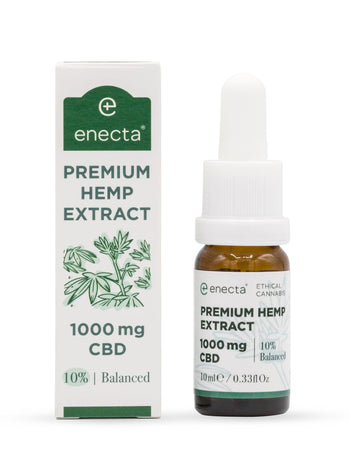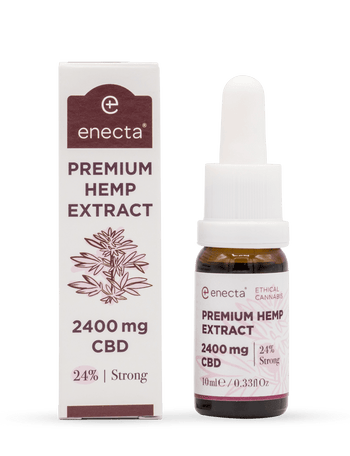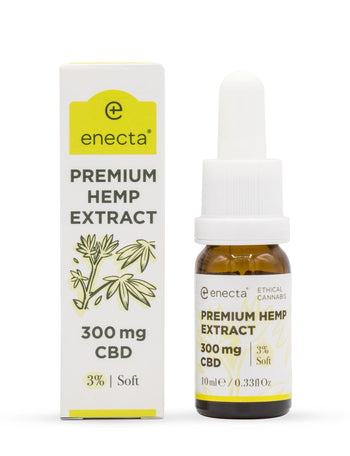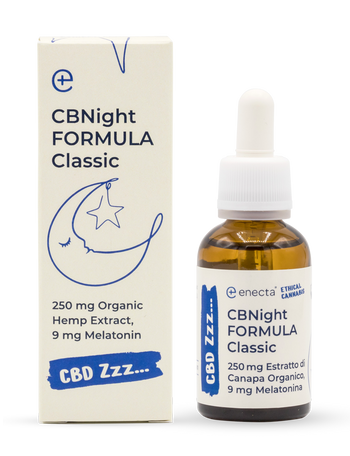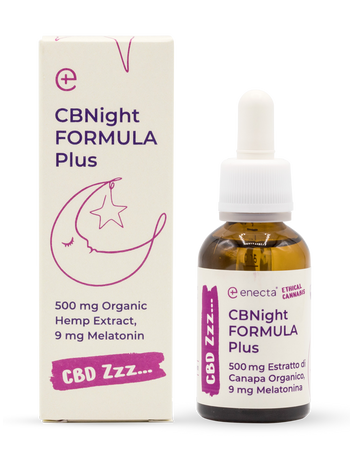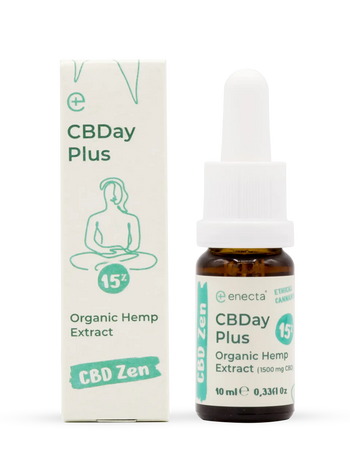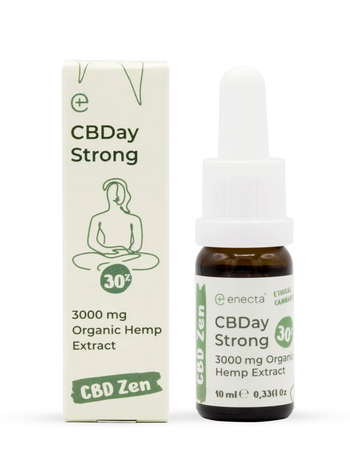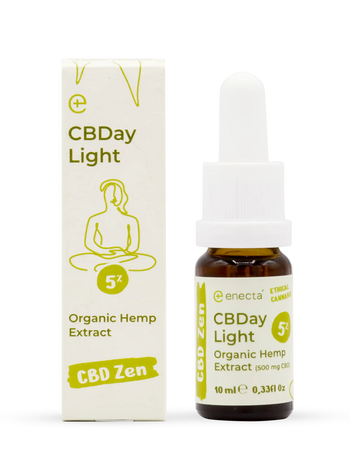With a plant as variable as cannabis, “hemp oil” has come to mean a great many things. It could be marijuana oil, the hemp oil could come from industrial hemp with very low THC levels and lots of the cannabinoid CBD, or it could be a tasty culinary oil with almost no cannabinoids.
So, how do you work out what’s what, and which type of hemp oil would be right for you? What should you look for? Let’s explore the answers to these questions together.
Benefits of hemp oil
All the permutations of hemp oil have their own, specific set of benefits. Some people simply want the “superfood” nutritional benefits of hemp oil, but many hope that cannabinoids will help to balance their body’s systems, preventing or curing disease.
Here’s how it works: your body has a special system of receptors that trigger reactions that help to keep you healthy. They react to endocannabinoids produced within our own bodies, but many believe that a deficiency in endocannabinoids is responsible for a variety of illnesses. There is evidence that cannabinoids have an effect on a wide range of physical processes, and the list seems to be growing almost daily as researchers turn up new ways in which cannabinoids regulate our bodies. By supplementing your body’s cannabinoids with cannabinoids from plants (or phytocannabinoids), you would be able to address deficiencies.
Nutritional Profile
There is no denying that cannabis contains a wide range of essential nutrients that makes the plant seem almost purpose-made to boost human health. For example, hemp is one of the few plants that contain the full range of amino acids, making hemp protein popular with fitness enthusiasts and vegetarians alike.
In addition, hemp contains a wide range of natural antioxidants, which are believed to have disease-preventing and rejuvenating effects. Add to that a perfect balance of fatty acids, and a good dose of minerals including Magnesium and Iron, and we’re looking at an incredibly nutritious plant.
The different types of hemp oil and what they are good for
To begin with, we need to understand that all hemp oil is cannabis oil, but that not all forms of cannabis oil contain THC, the ingredient that imparts a “high”.
Here’s a glossary that may help you.
Cannabis oil: Any oil extracted from plants of the genus cannabis. Cannabis oil can be classified as follows:
Hemp seed oil: Hemp seeds do not contain cannabinoids, but are still incredibly nutritious. Most people choose hemp seed oil for culinary use, primarily as a dressing for stir fries and salads.
Hemp oil: This is a rather vague name for cannabis oil. Check whether it was extracted from a psychoactive form of cannabis or not, since many people call marijuana “hemp”.
Marijuana oil: Usually, this would contain THC, and it may not be legal in your country. Once again, you should check product packaging to see just what is in your oil, since some people call non-psychoactive hemp “marijuana”.
CBD oil: Most often, CBD oil is extracted from industrial hemp that has been selected for its high volume of the cannabinoid CBD, which doesn’t make people high, but which seems to have many of the same benefits associated with THC. The famous “Charlotte’s Web” oil used for suppressing seizures in children is basically a CBD oil.
If you need further information, feel free to contact Enecta. We will be glad to answer your questions regarding the uses and benefits of CBD oil.

























